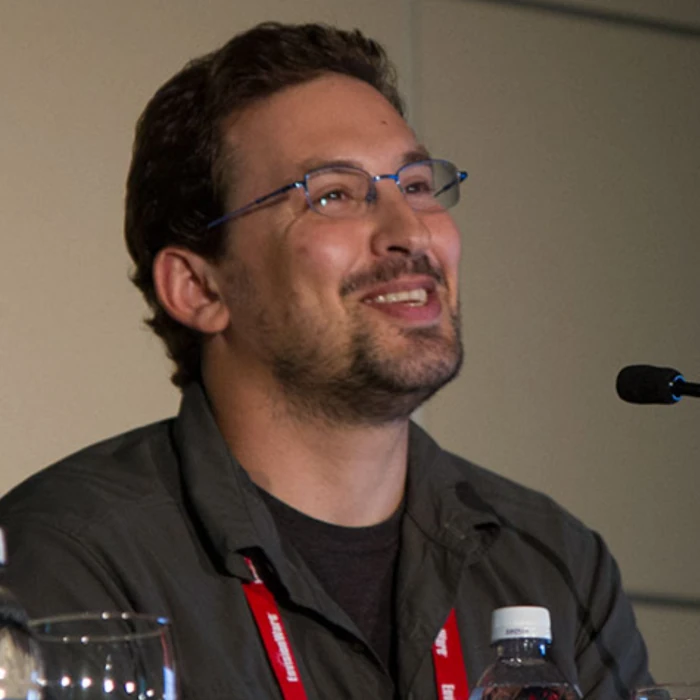More than 10 years ago, Jake Orlowitz started to volunteer as a Wikipedia editor. Today, he runs The Wikipedia Library, a program that supports Wikipedia editors to expand their access to reliable, high quality sources. In this eye-opener conversation we held with him at Decolonizing the Internet, Jake will share what brought him to Wikipedia, what are the encyclopedia’s biggest challenges and how we can make alliances and work collectively to fix Wikipedia’s biases.
Jake shared with us that the anonymous and meritocratic nature of Wikipedia attracted him to become an editor of the site. He argues that what he initially saw as an utopia turned out to be the cause of some of Wikipedia’s greatest biases. Anonymity many times creates the right environment for harassment and meritocracy is responsible for the lack of diversity and representation among Wikipedia editors. Jake explains that volunteering often implies that people have free time to devote to a non-paid hobby, or that they have all basic needs covered – which in today’s world is the reality of the least.
Lack of demographic representation and diversity among Wikipedia editors creates and perpetuates systemic-biases on Wikipedia’s content as the social and cultural characteristics of the editors shape the content they produce.
The cornerstone of this conversation is how do we fix this.
Jake thinks one way to do this is to make alliances between those in positions of privilege, and the ones who have been excluded on the margins but carry so much knowledge. In that sense, he understands Decolonizing the Internet as a reparative process that allows not only for alliance building, but also for healing the pain and addressing the many damages caused by inequality and oppression that have been replicated in the online world from its conception.
Don’t miss out on this short but profound conversation with Jake, a wonderful Whose Knowledge? ally who is helping to decolonize the internet by recognizing his own privilege as a white man from the global North (as he describes himself) and modeling what good allyship is all about. In his own words, “it’s nice to bring more of my ears than my mouth – to listen and to see what I can absorb and take away rather than what I can put out and influence.”
And if you enjoyed it, make sure to share it widely!

